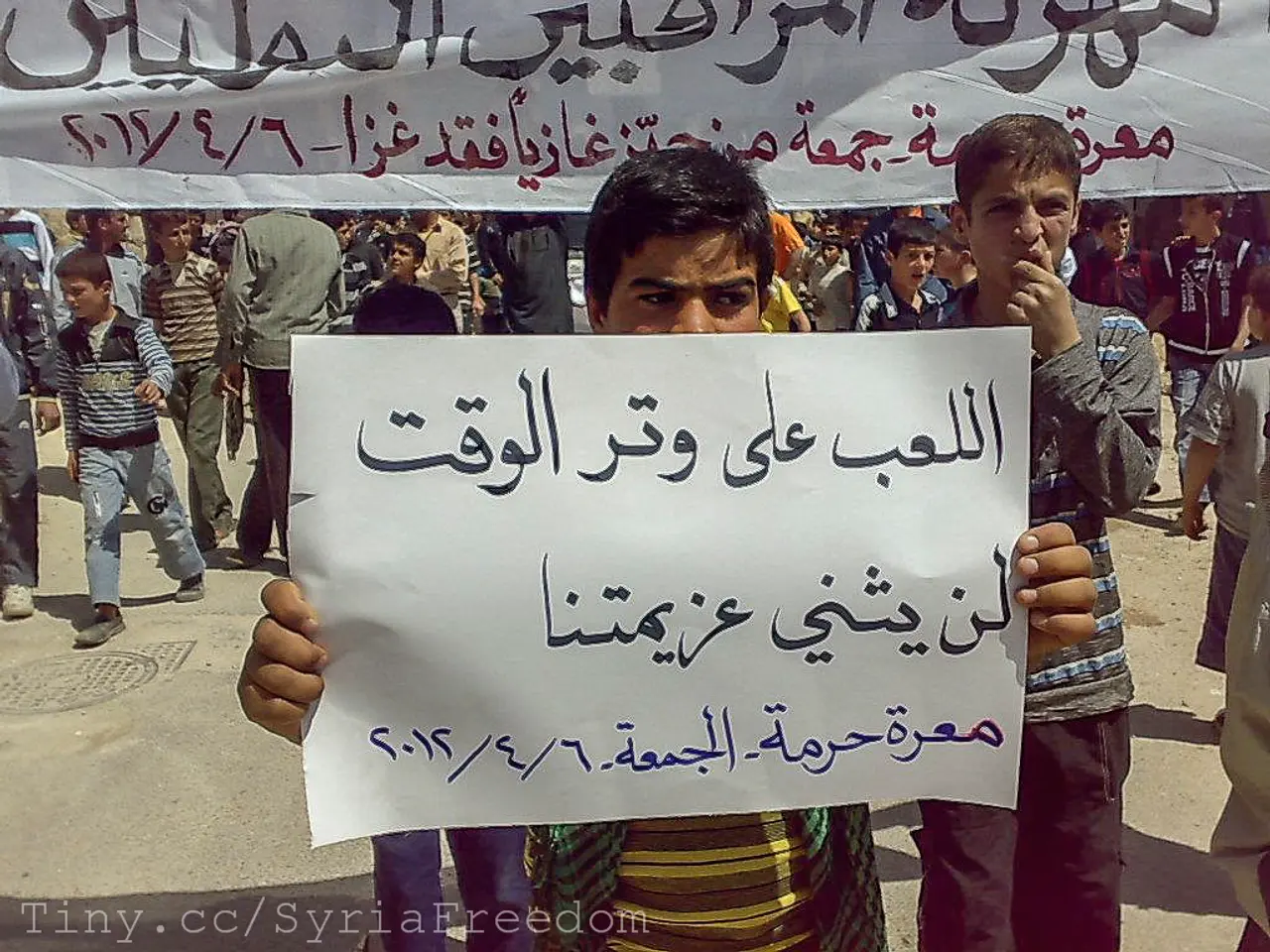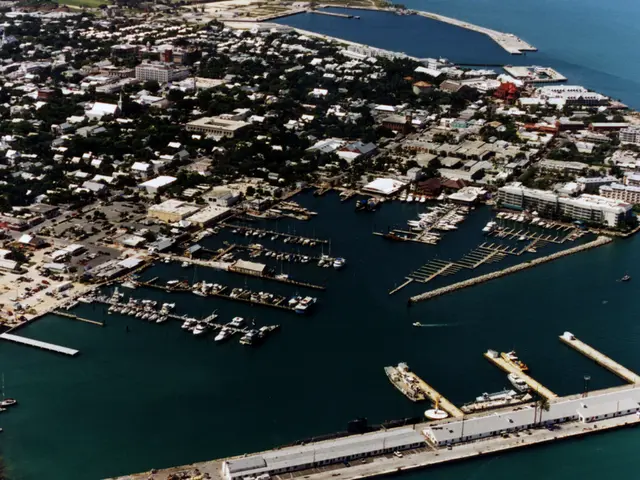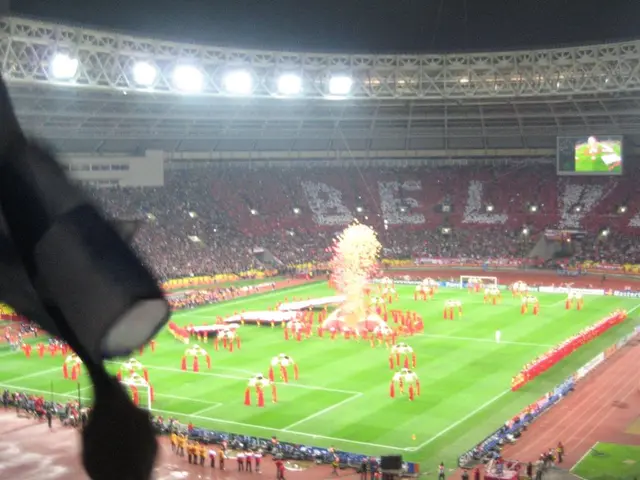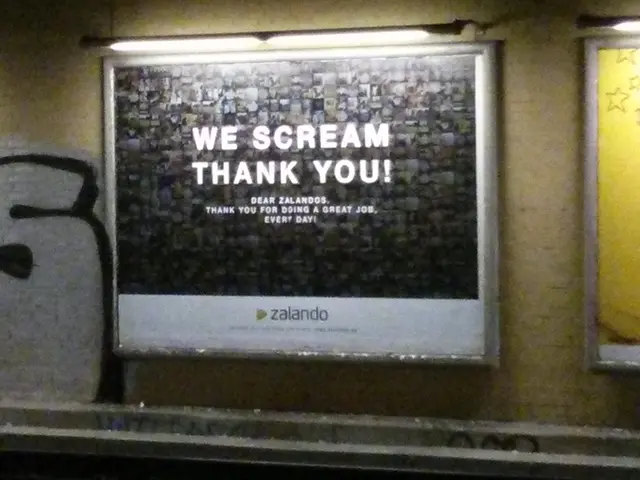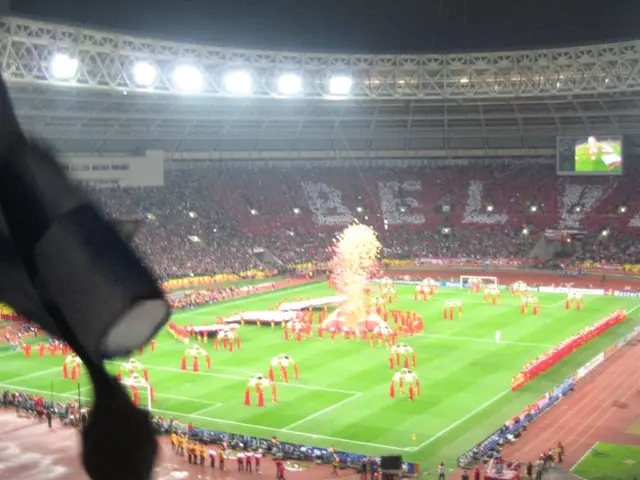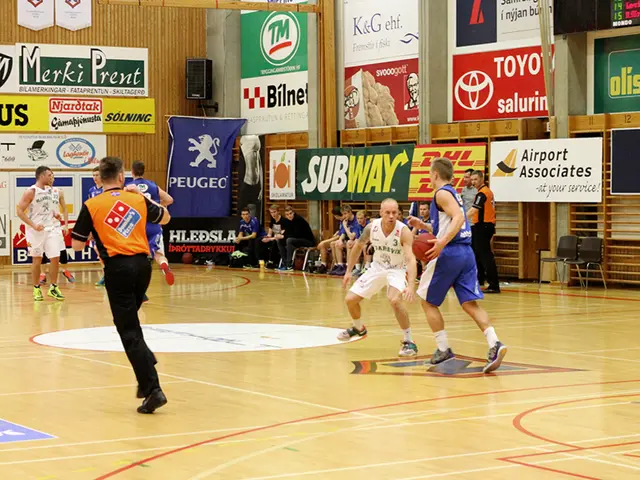Contestation rises within EU over increased Afghani appointments in Europe
Europe Divided on Increasing Afghan Refugee Quotas
The European Union is grappling with a contentious issue as member states show divided stances on increasing quotas for Afghan refugees seeking refuge in Europe. EU Commissioner Ylva Johansson has called for greater solidarity among members, emphasizing the need for a fair distribution of responsibility and support for vulnerable groups.
The recognition and acceptance rates for Afghan refugees vary significantly among EU member states. While Germany's rate dropped to 32% (or 45% inclusive of national protections) by early 2025, Austria and Greece reported much higher acceptance rates of 86% and 98%, respectively. This disparity reflects differing national policies and political climates, with some member states expressing concerns about societal integration capacity and political pressures.
The EU’s New Pact on Migration and Asylum, effective from June 2026, aims to create a mandatory solidarity mechanism, compelling member states to share the responsibility of hosting migrants more evenly. The pact allows for the relocation of up to 30,000 migrants per year from frontline countries to other states, signaling a framework for increasing quotas collectively. However, some member states and political leaders, such as Italy, Denmark, and the Netherlands, have advocated for stricter controls and improved return policies rather than expanded refugee intake.
Commissioner Johansson has been a vocal advocate for European solidarity in responding to refugee flows. She has emphasized the need for member states to share responsibility fairly and to support vulnerable groups, including Afghans fleeing persecution. Despite her calls, political divisions and national interests continue to challenge consensus on quota increases.
Johansson has also stressed the importance of preventing refugees from being brought to Europe by smugglers towards the external borders and of Europe showing solidarity and granting protection to those in immediate need. She believes it's crucial to help people in the countries of the region and Afghanistan itself, and not wait until migrants are at the EU's external borders.
Germany, while committed to taking in endangered people from Afghanistan, has called for an agreement with neighboring countries. Johansson has reiterated that 90% of refugees trying to reach Europe on their own are men, while many in need of protection are women and girls.
Refugees offered resettlement in Europe have the opportunity to permanently settle in another country. However, some EU countries, including Austria, the Czech Republic, and Denmark, have expressed opposition to taking in migrants and refugees from Afghanistan.
As the EU grapples with this issue, Johansson urges member states to increase their quotas for resettlement, particularly for Afghans, and to work together to manage the situation effectively. She encourages Europe to show solidarity and grant protection to those in immediate need, while also addressing the root causes of displacement in the region.
[Photo: A reception facility for asylum seekers, source: dts Nachrichtenagentur]
This article is based on information from various sources.
- In the midst of divided opinions among EU member states, the growing issue of accepting Afghan refugees is seen through differing lenses, influenced by factors such as war-and-conflicts, politics, and general-news.
- Despite commissioner Ylva Johansson's calls for European solidarity in refugee matters, the varying migration quotas among countries highlight the continuous challenges posed by war-and-conflicts, politics, and general-news, in reaching a consensus on quota increases, particularly for Afghans.
